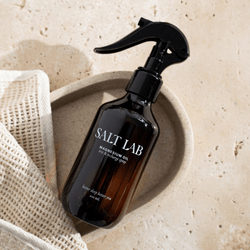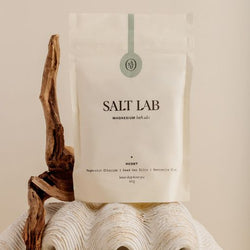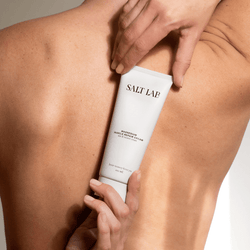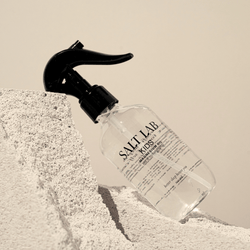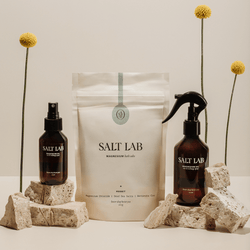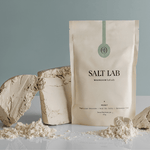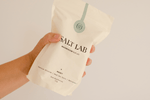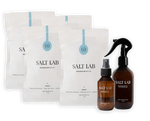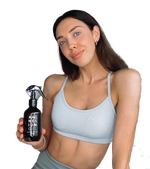1. Hey Katelyn, Thanks for collaborating with us! Can you tell us a bit about your background and what sparked your passion for health and fitness?
My passion for health and fitness first began towards the late end of high school as I used exercise as a tool to help manage my anxiety and depression which then led me to become a qualified personal trainer to help others along their journeys. My spark for health & fitness then expanded when I transitioned into Motherhood. Navigating the changes that come with pregnancy & postpartum can be challenging on the best of days but it showed me just how important nutrition, movement and self-care are within that role. I found that nutrition was the biggest pain point, understanding food groups, quantities and how to fit healthy and nutritious food into my day whilst running after a kid I underwent my Nutrition studies to become a Nutritionist. Pregnancy & Postpartum are a huge shift and there are many factors to consider with each individual with nutrition, movement, pelvic floor and even mental health which then followed in becoming a certified Pre & Postnatal Coach.
2. What led you to start Healthy Habits by Katie, and what's the main mission behind it?
Healthy Habits by Katie first came to life when I wanted to create a well-rounded service that targeted all areas of holistic health. Not only nutrition and fitness but also mindset, routine, self-care and of course habits. I wanted to make healthy living easy and sustainable long term for everyone to finally ditch the diets, restriction and short-lived quick fixes and replace it with food freedom, confidence and healthy habits.
3. In your experience, what are some common misconceptions about nutrition that you often encounter?
The biggest and possibly most damaging is restriction and under-eating. Long-term restriction and under-eating can have a snowball effect for not only many other health concerns including mental health disorders but also affect quality of life. It takes work to retrain our beliefs and thought patterns around what ‘good food’ is or what we ‘should or shouldn’t eat’ but it’s important to do so to gain an educated understanding on nutrition, remove fear and restriction not only for ourselves but if you’re a parent, role modelling a healthy relationship with food to them too.
4. How do you help your clients develop a healthy relationship with food, especially when there's so much conflicting information out there?
First and foremost discovering what their past experience has been and how they have got to where they are. This could include childhood, the diets they’ve done, how they view food or exercise and self-confidence. I like to use a combination of resources including guide, e-books, videos with health professionals, group calls, check ins and 1:1 support so we can being to re-wire those thoughts, answer any questions and to help navigate any confusion that arises along the journey.
5. As a nutritionist, how important do you think it is to get essential vitamins and minerals like magnesium through our diet?
Now more than ever it has become more difficult to get essential nutrients due to the modern diet, processed foods, lifestyle factors and soil quality. We have to be more aware and conscious of adding in additional vitamins and minerals through our diet to avoid any deficiencies or poor health. Nowadays more people are becoming aware and are wanting to become more aware and educated on all things health which I think is GREAT!
6. Since you’ve started using Salt Lab's magnesium products, how have they impacted your and your family’s daily routines?
I am always one to get DOMS (Delayed Onset Muscle Soreness) from gym, particularly in my hamstrings and calves. I find the cream & salt bath works wonders for easing that stiffness. The spray is a must-have in my wind-down routine to help me ‘switch off’ from work and parenting and to unwind to get a good quality sleep. (What I can get with my 4 month old). My 5 year old daughter uses the spray and asks each night for her ‘white spray’ on her feet, I find it helps her switch from play/day mode into her rest.
7. What benefits have you noticed from incorporating topical magnesium into your wellness regimen?
I have noticed benefits starting from reduced muscle aches and stiffness to increased concentration, reduced headaches (particularly in the afternoon slump) and a boost of mood.
8. Sleep, stress, and recovery are crucial aspects of a healthy lifestyle. How do you address these areas in your coaching?
Sleep, stress and recovery are one of the main pillars of health, with an imbalance in one it can send all other areas haywire. I like to adopt a holistic approach first beginning with a client's morning & night-time routine. What does their day look like, is it similar each day and how can we incorporate feel good methods such as sunlight, mindfulness, breathwork or stretching into their routine to maximise their wellbeing.
9. What are some simple, everyday habits that people can adopt to improve their overall well-being?
Begin by auditing your daily routine, often by taking a look at our day to day activities we can see exactly where we are spending the most time and it could be on activities that aren’t serving us as scrolling or binge watching a tv series. Identify what has a positive effect, and what may be not serving us. Everyday habits that are beneficial may be:
10. Could you share a favourite magnesium-rich recipe with us that our readers can try at home?
CHOCOLATE BLACK BEAN BROWNIE
Magnesium rich foods= chia seeds, cacao, dark chocolate, beans.
SERVES 8
30 MINUTES
GLUTEN FREE, VEGETARIAN
